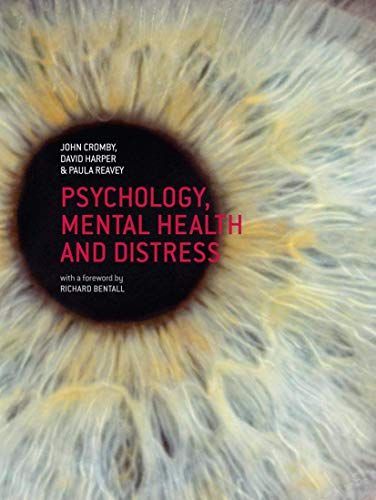
Psychology, Mental Health and Distress
What does the word 'schizophrenia' mean to you? Perhaps your first thought is of someone with a medical condition that involves some kind of brain disease? But what if you knew that the person in question had been through a traumatic childhood? Would that change how you thought about their mental health? And what impact does this have on how we as a society interact with people with mental distress? Psychology, Mental Health and Distress is the first mainstream textbook that reconsiders the traditional emphasis on the biological and psychiatric models for what is commonly, but contentiously, known as 'abnormal psychology' or 'psychopathology'. It provides a fully rounded account of mental distress, including social and relationship causes, and challenges your preconceptions about what you think you know about mental health. Key features: * Reflects new approaches to mental health and the kinds of psychological interventions (or 'treatments') for those experiencing distress, moving away from a limited diagnostic model * Offers a wealth of case stories to portray the reality of living with distress, building your empathy to encourage sensitive practice * Fully informed by current experimental, qualitative and theoretical psychological research including research into hearing voices * Written by a team of leading clinical and social psychologists with additional contributions by renowned figures including Richard Bentall, a bestselling Penguin author whose Madness Explained won the 2004 BPS Book Award * Includes a chapter authored by those with first-hand experience of mental health services, ensuring you understand the nuances of this emotionally charged, and often controversial, topic The authors draw from a range of experience, examples and approaches to present this student-friendly and engaging text: core reading for anyone serious about understanding mental health issues.